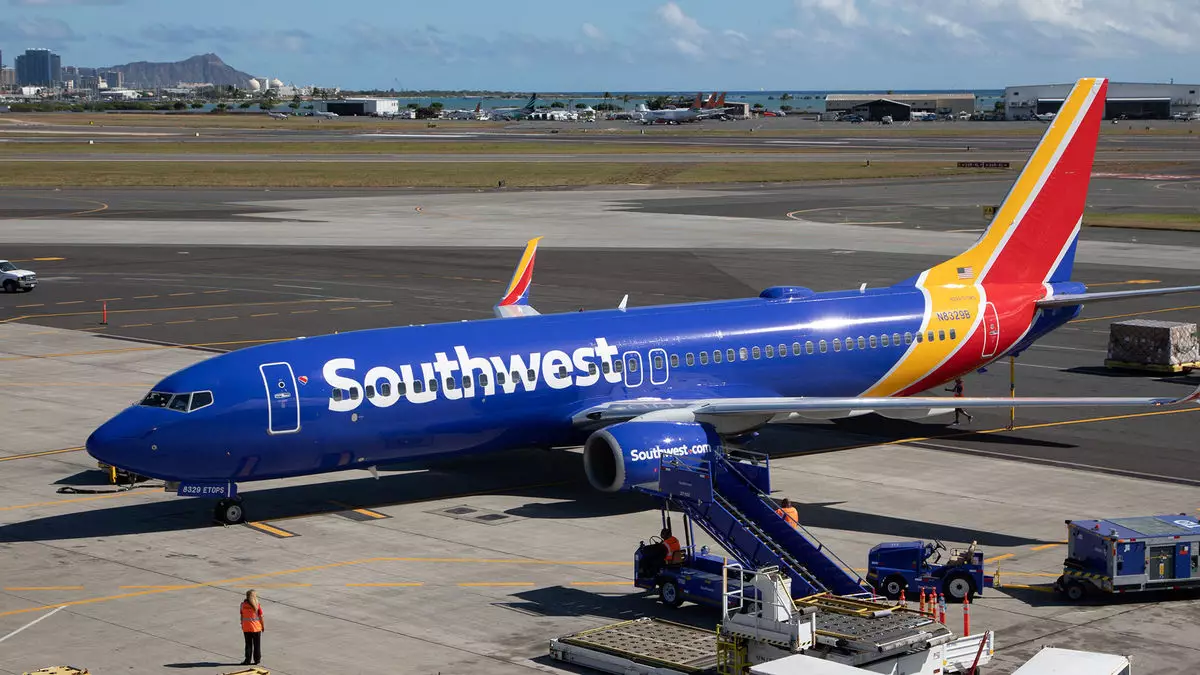The political landscape in the United States has always influenced corporate policies, especially in areas like diversity, equity, and inclusion (DEI). With the onset of the Trump administration, businesses found themselves navigating a transformed regulatory environment, particularly concerning DEI initiatives. In a notable shift, many companies, including Southwest Airlines, found it essential to reassess their commitment to these principles amid political uncertainty. As the airline industry’s trajectory is closely tied to public sentiment and regulatory expectations, Southwest Airlines’ leadership is facing the challenge of maintaining a robust DEI culture while adapting to the evolving political climate.
Southwest Airlines’ CEO Bob Jordan has publicly expressed intent to uphold the airline’s DEI culture, even as the Trump administration issued sweeping executive orders impacting such programs in federal agencies. Although these orders do not directly affect the private sector, the ramifications could permeate corporate America, leading to increased scrutiny against companies championing DEI initiatives. Jordan’s assertion during a Q4 earnings call emphasizes a proactive approach to evaluating the impact of these regulatory changes, ensuring the airline remains at the forefront of DEI discussions within the aviation industry.
A recent development at Southwest Airlines showcased a nuanced shift in their DEI management strategy. The former vice president of DEI, Juan Suarez, has altered his professional title to vice president of corporate citizenship and chief inclusion officer. This rebranding raises important questions about the future of DEI roles and how organizations might sidestep political backlash while still striving to promote inclusive practices. Renaming positions related to DEI may indicate a strategic repositioning to align more closely with broader corporate citizenship initiatives rather than focusing solely on DEI, potentially minimizing exposure to political and public scrutiny.
Evaluating Hiring Practices
In a broader context, the hiring philosophies articulated by Jordan reflect a commitment to diversity despite the external pressures the airline may face. With 37 years of experience at Southwest, Jordan embodies the airline’s long-standing values, suggesting that maintaining diverse recruitment practices may remain a priority. Nonetheless, the challenge lies in implementing these practices without triggering adverse reactions from regulatory bodies or losing support from stakeholders who advocate for robust DEI strategies.
As Southwest Airlines navigates its approach to diversity, equity, and inclusion amidst a politically charged environment, it embodies a larger struggle faced by many corporations today. The balance between upholding progressive values and adapting to a fluctuating political climate requires strategic foresight and an unwavering commitment to cultural competency. The future of DEI at Southwest will hinge not only on internal policies but also on how effectively it can align these initiatives with a corporate identity that resonates positively in a transformed political landscape. Moving forward, the airline’s commitment to inclusion and equity will be tested, and how it addresses these challenges may set a precedent for similar organizations across the industry.

